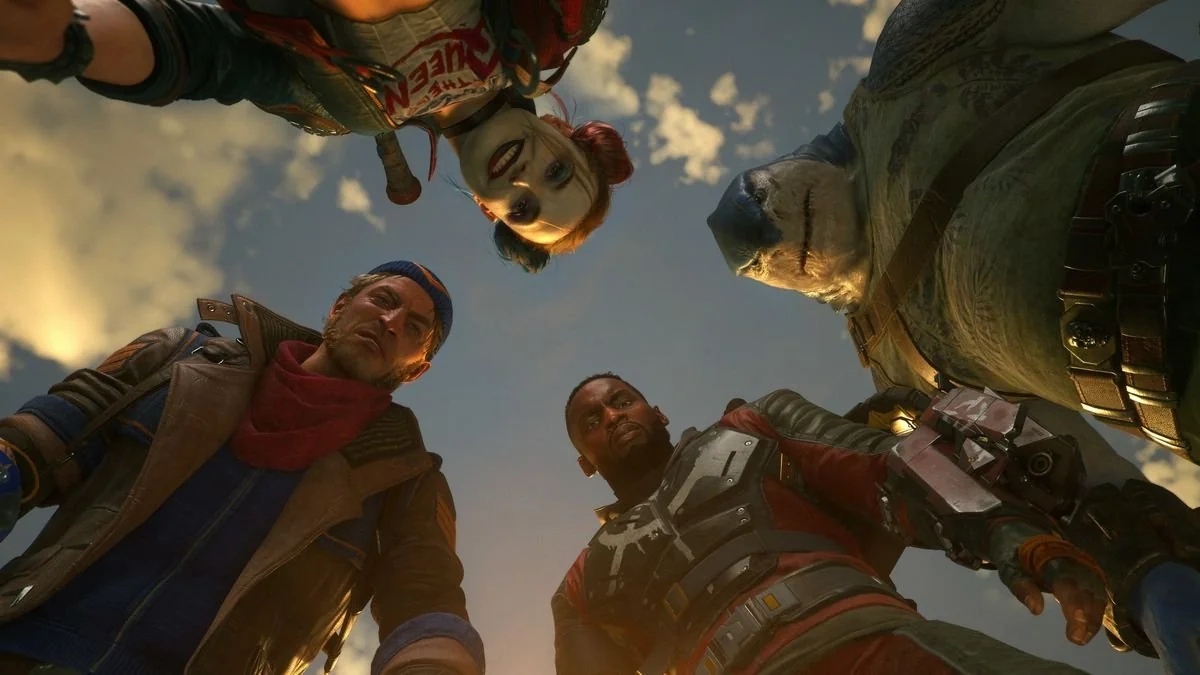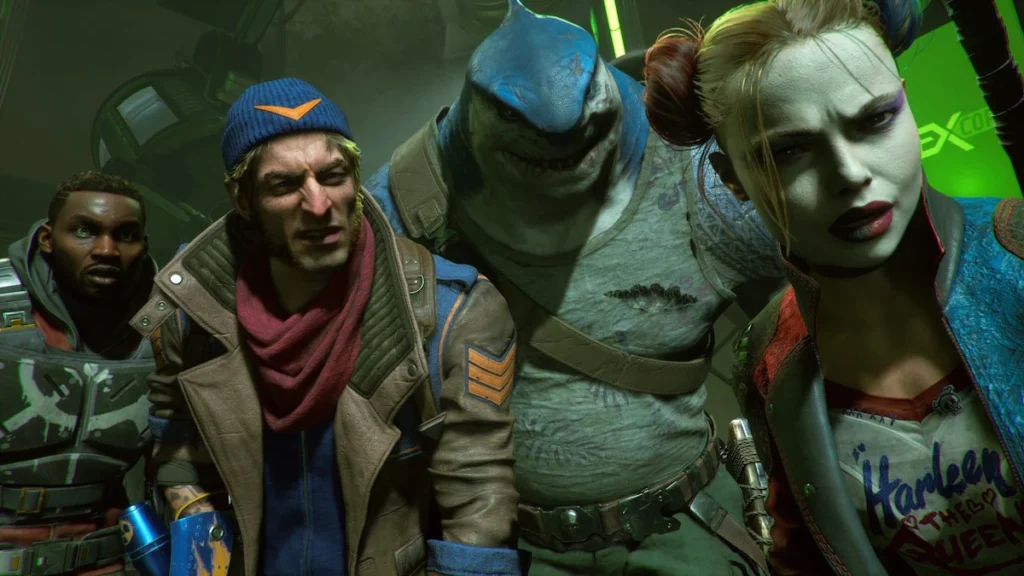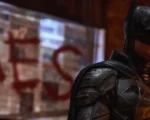Warner Bros. Bets on Live Service Model Despite Suicide Squad Setback, Signals Departure from Triple-A Games

J.B. Perrette Labels Triple-A Game Industry as ‘Volatile’ Amidst Strategic Shift
At a recent Morgan Stanley Technology Media and Telecom Conference, J.B. Perrette, CEO and President of Global Streaming and Games at Warner Bros. Discovery, provided insights into the company’s gaming strategy, emphasizing a commitment to the live service model despite recent setbacks. Perrette acknowledged the industry’s shift towards games as a service, free-to-play models, and mobile gaming, hinting at a departure from traditional triple-A console releases. He highlighted the inherent volatility in the bespoke triple-A game business, citing the recent release of Suicide Squad: Kill the Justice League as an example of both critical and commercial disappointment.
Perrette’s remarks shed light on Warner Bros.’ strategic pivot towards games designed for ongoing engagement and monetization, as opposed to relying solely on blockbuster console releases. The studio aims to leverage its iconic franchises to create immersive live service experiences, catering to evolving consumer preferences and market trends. However, Perrette’s acknowledgment of the challenges associated with triple-A game development underscores the studio’s recognition of the need for a more diversified and resilient gaming portfolio.
As Warner Bros. Games navigates the dynamic landscape of the gaming industry, Perrette’s commentary underscores a broader industry trend towards prioritizing recurring revenue streams and long-term player engagement. By embracing the live service model and exploring alternative gaming formats, the studio seeks to mitigate the inherent volatility of the triple-A game market while capitalizing on new opportunities for growth and innovation in the gaming space.
Perrette said that existing Warner Bros. franchises like Mortal Kombat, Game of Thrones, Harry Potter and DC presented the studio with an opportunity to expand its offerings beyond the console space. “We think there’s an opportunity to take those four franchises and develop a much more holistic approach, particularly around expanding into the mobile and multi-platform free to play space, which can give us a much better and more consistent set of revenue,” he said. The executive confirmed that WB Games will be launching several free-to-play games on mobile later this year.

Despite the massive success of last year’s Hogwarts Legacy, WB Games seem to have less faith in triple-A console releases, owing to long development cycles and high development costs. A live service model, on the other hand, can offer continued engagement and generate revenue more consistently, the studio believes. Perette said that Warner Bros. will look to expand its existing games around the live service model and suggested that a Hogwarts Legacy sequel could perhaps offer the same. “Rather than just launching a one-and-done console game, how do we develop a game around, for example Hogwarts Legacy or Harry Potter, that is a live service, where people can continue to live and work and build and play in that world on an ongoing basis?” he said.
Warner Bros. had announced its strategy to veer into the live service space at an earnings call last year in November. WB CEO David Zaslav had said that the company planned to transform its biggest video game franchises into long-term products. “Ultimately we want to drive engagement and monetization of longer cycles and at higher levels,” Zaslav had said at the time.
The games as a service model also seems to have reached a point of saturation, with several titles competing to retain player engagement. While popular games like Fortnite and Call of Duty have done well, newer releases have struggled to adapt the model successfully. Heavily-monetised live service titles also seem to have lost favour among gamers themselves.





















